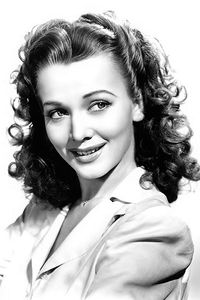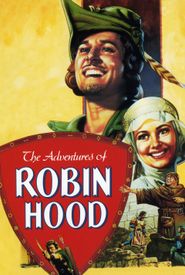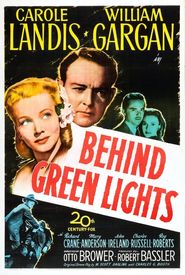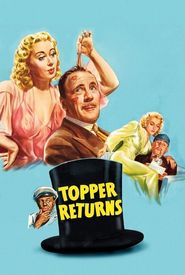Carole Landis, born Frances Lillian Mary Ridste on New Year's Day in 1919, in Fairchild, Wisconsin, was a multifaceted individual with a complex family background. Her father, a railroad mechanic, was of Norwegian descent, while her mother was of Polish origin. Tragedy struck early in her life when her father abandoned the family, leaving Carole, her mother, and two older siblings to fend for themselves.
After completing her high school education, Carole married Jack Robbins, also known as Irving Wheeler, in a union that lasted only a month, as she was only 15 years old at the time. The couple remarried in August 1934 and relocated to California to pursue a new life. Initially, Carole worked as a dancer and singer, but soon, the allure of show business drew her to Los Angeles.
Carole's early career was marked by small roles in films such as A Star Is Born (1937),A Day at the Races (1937),and The Emperor's Candlesticks (1937). Although she secured a studio contract with Warner Brothers, she remained a bit player for the most part. In 1938, she started to receive more speaking roles, although mostly consisting of one-liners. The following year, she and Wheeler divorced.
In 1940, Carole's career took a turn for the better when she was cast as Loana in the Hal Roach production of One Million B.C. (1940). Her role in this film, particularly her skimpy outfit, helped her gain recognition, and her career began to move forward. She started to land parts in B pictures, although she did not become a leading lady in major productions. Despite having talent, the coveted roles were often reserved for established stars of the time.
Carole's busiest year was 1942, during which she appeared in several films, including Manila Calling (1942),The Powers Girl (1943),A Gentleman at Heart (1942),and three other movies. Unfortunately, critics did not pay much attention to her films, and when they did, they often focused on her breathtaking beauty. By the mid-1940s, Carole's career was beginning to falter. Her contract with 20th Century-Fox was terminated, her marriages to Willis Hunt Jr. and Thomas Wallace failed, and her current marriage to Horace Schmidlapp was on the verge of collapse, all of which, combined with health issues, spelled disaster for her professionally and personally.
Carole's final two films, Brass Monkey (1948) and The Silk Noose (1948),were released in 1948. On July 5, 1948, Carole tragically took her own life by overdosing on Seconal in her Brentwood Heights, California, home, leaving behind a legacy of 49 films, most of which are now largely forgotten. If Hollywood moguls had given Carole a chance, she could have become one of the brightest stars in the industry's history.
















































































